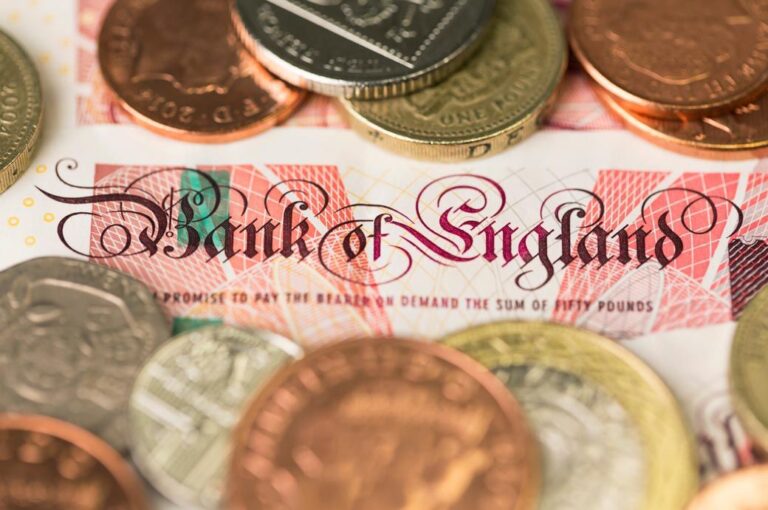
[ad_1]
Global growth is expected to be stronger than projected in the February Monetary Policy Report, and core consumer price inflation in advanced economies has remained elevated. Wholesale gas futures and oil prices have fallen materially, the MPC said in a statement.
BoE’s MPC has voted to increase the bank rate to 4.25 per cent. Global growth is expected to be stronger than previously projected, while core consumer price inflation in advanced economies remains high. CPI inflation is expected to fall significantly in 2023 Q2 due to factors such as the Energy Price Guarantee and falls in wholesale energy prices.
There have been large and volatile moves in global financial markets, in particular since the failure of Silicon Valley Bank and in the run-up to UBS’s purchase of Credit Suisse and reflecting market concerns about the possible broader impact of these events. Overall, government bond yields are broadly unchanged and risky asset prices are somewhat lower than at the time of the Committee’s previous meeting.
Additional fiscal support was announced in the Spring Budget. Bank staff have provisionally estimated that this could, relative to the February Report, increase the level of GDP by around 0.3 per cent over coming years. GDP is still likely to have been broadly flat around the turn of the year but is now expected to increase slightly in the second quarter, compared with the 0.4 per cent decline anticipated in the February Report.
As the Government’s Energy Price Guarantee (EPG) will be maintained at £2,500 for three further months from April, real household disposable income could remain broadly flat in the near term, rather than falling significantly. The labour market has remained tight, while the news since the MPC’s previous meeting points to stronger-than-expected employment growth in 2023 Q2 and a flat rather than rising unemployment rate.
Twelve-month CPI inflation fell from 10.5 per cent in December to 10.1 per cent in January but then rose to 10.4 per cent in February, 0.6 percentage points higher than expected in the February Report. CPI inflation is still expected to fall significantly in 2023 Q2, to a lower rate than anticipated in the February Report. This lower-than-expected rate is largely due to the near-term news in the Budget including on the EPG, alongside the falls in wholesale energy prices, the statement added.
Fibre2Fashion News Desk (KD)
[ad_2]
Source link